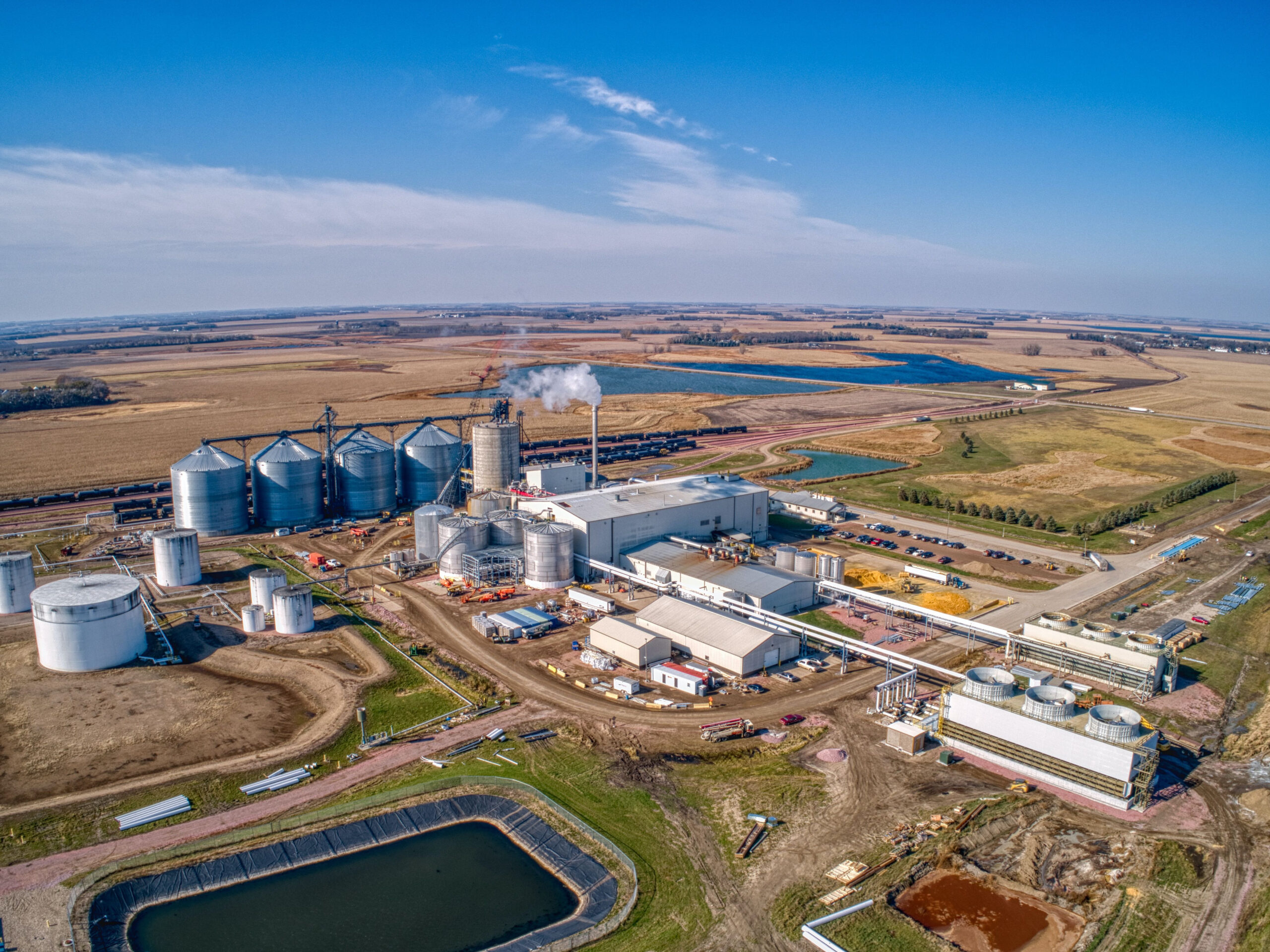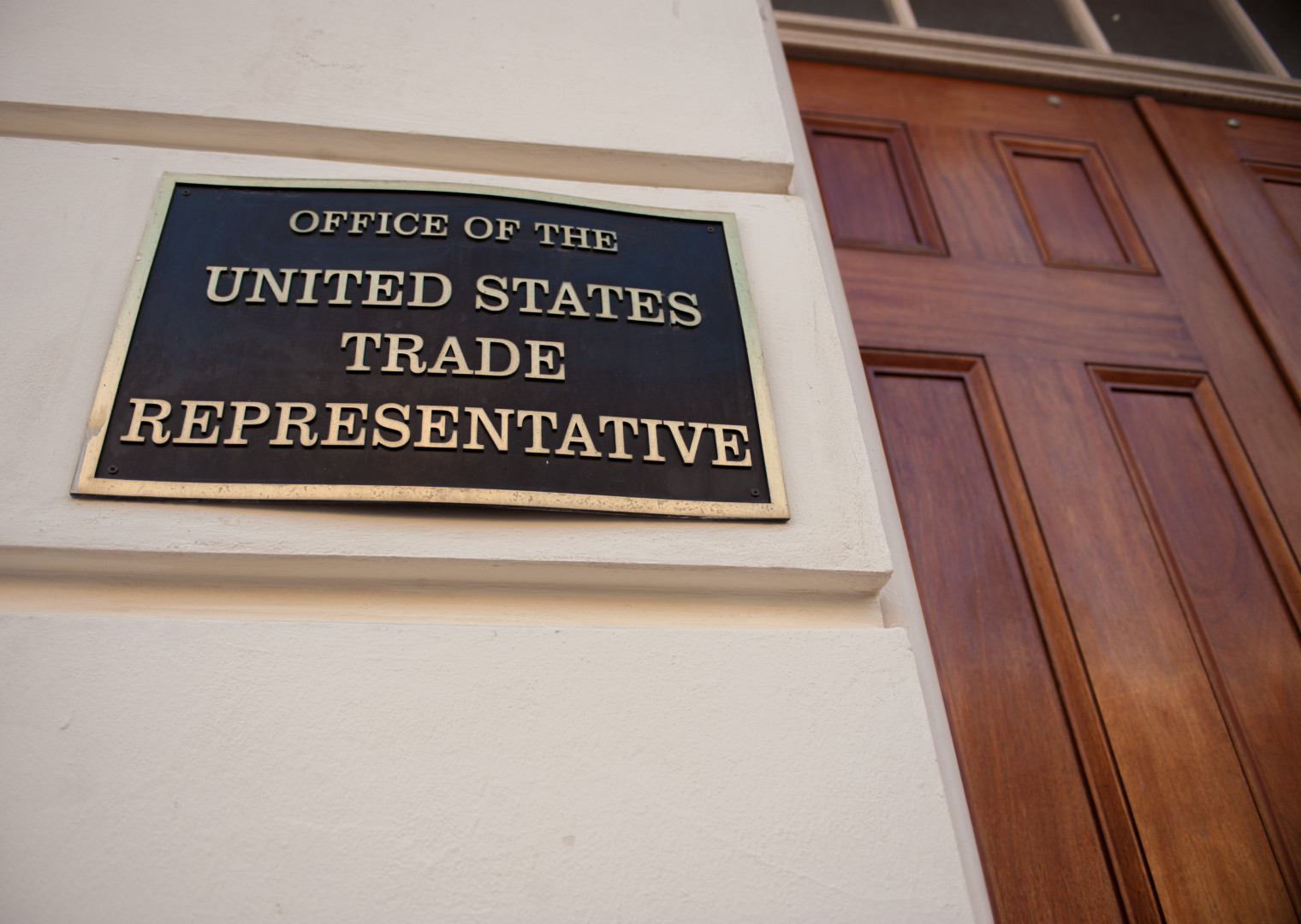
Policy Priorities
Fueling sustainable bioeconomic progress.
With smart policymaking, the bioeconomy can support more jobs and more communities while making an even bigger, better impact on our environment.
Learn more about Growth Energy’s policy priorities and what they mean for you below.
Current Federal Policy Priorities
Growth Energy’s 2024 federal policy priorities offer a roadmap toward a more vibrant future characterized by lower fuel costs, lower greenhouse gas (GHG) emissions, greater energy independence, and stronger rural communities. They fall into three different categories.
Ensuring drivers can use more lower-cost bioethanol at the pump at home and abroad. 
- Restore permanent, unrestricted access to E15 year-round nationwide.
- Work with the U.S. Department of Agriculture to swiftly implement and distribute the $500 million for biofuels infrastructure included the Inflation Reduction Act (IRA).
- Directly engage the U.S. government to level the playing field and optimize U.S. bioethanol market access by addressing tariffs in key export markets including Brazil, China, Indonesia, and Vietnam.
- Continue successful foreign market development in Canada, Japan, and Mexico, and elsewhere.

Using bioethanol to expeditiously advance our national transportation carbon reduction goals. 
- Ensure the U.S. Department of Energy (DOE) incorporates the best science and makes limited changes to Argonne National Laboratory’s Greenhouse Gases, Regulated Emissions, and Energy Use in Technology (GREET) model as it relates to the 40B Sustainable Aviation Fuel tax credit.
- Ensure DOE finalizes its changes to the 40B GREET model on or before March 1, 2024.
- Ensure the U.S. Department of Treasury releases 45Z tax credit guidance by October 1, 2024, and includes granular calculations for carbon reducing technologies at the biorefinery and on-farm climate-smart ag practices.
- Ensure biogenic carbon from biorefineries used for food and beverage applications qualifies as utilization under the 45Q tax credit.
- Work with Congress to pass the Adopt GREET Act, legislation that requires the Environmental Protection Agency (EPA) to use the GREET model to assess the carbon emissions of biofuels.
- Extend pro-growth tax incentives for low-carbon biofuels.
- Provide new opportunities for bioethanol to decarbonize heavy-duty and marine transportation, and to be used as a renewable component for chemicals and renewable materials.
- Institute a nationwide minimum octane standard and pass the Next Generation Fuels Act.
- Ensure bioethanol has a role in helping meet emissions goals in light-duty vehicle fuel efficiency rulemaking.

Optimizing the Renewable Fuel Standard (RFS) to maximize carbon reduction potential. 
- Prevent any additional erosion of the RFS through unwarranted and illegal small refinery exemptions (SREs).
- Keep intact the biofuel blending volumes finalized in in the RFS Set rulemaking.
- Remove the statutory prohibition that results in corn starch bioethanol being the only biofuel ineligible to qualify as an advanced biofuel under the RFS.
- Work with the EPA to certify eligibility for corn starch alcohol-to-jet fuel to be an advanced biofuel and approve an RFS pathway for corn starch alcohol-to-jet fuel.
- Ensure carbon capture and sequestration in bioethanol production is recognized as a carbon-reducing technology under the RFS.
- Call on EPA to update its greenhouse gas (GHG) lifecycle analysis (LCA) to reflect the best available science on the climate profile of biofuels like bioethanol from corn starch, such as that found in the latest version of Argonne National Laboratory’s GREET model.
- Encourage EPA to approve pending registrations for cellulosic biofuel from kernel fiber.

Policy Priority
Lower-Cost, Lower-Emissions Bioethanol
Policy Priority
The Renewable Fuel Standard
Policy Priority
Carbon Reduction Tax Incentives
Policy Priority
Sustainable Aviation Fuel (SAF)
Policy Priority
Carbon Capture Technology
Policy Priority
Climate Smart Agriculture
Policy Priority
Vehicle Emissions Standards
Policy Priority
Low Carbon Fuel Standards
Policy Priority
Global Marketplace
Policy Priority














